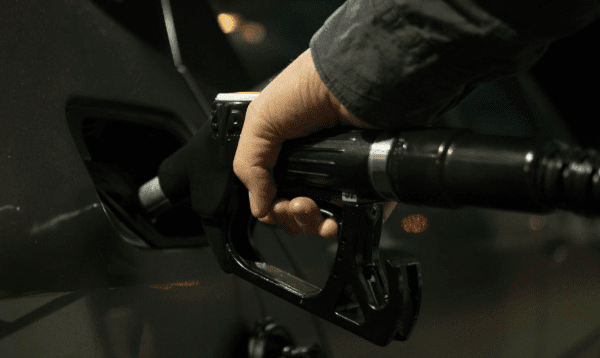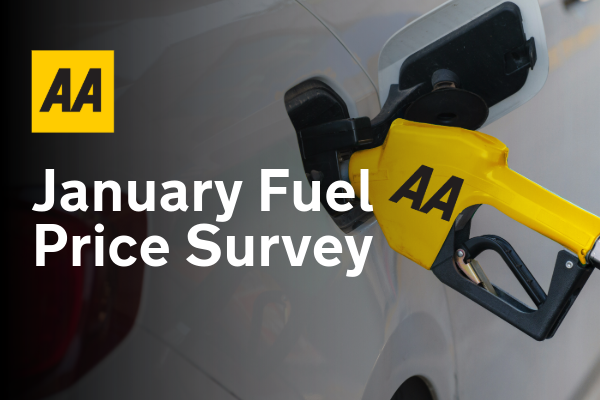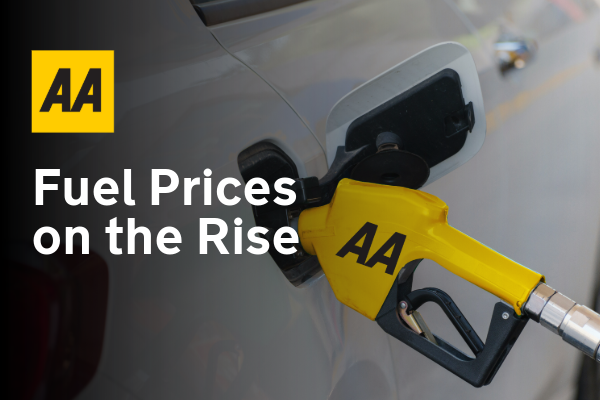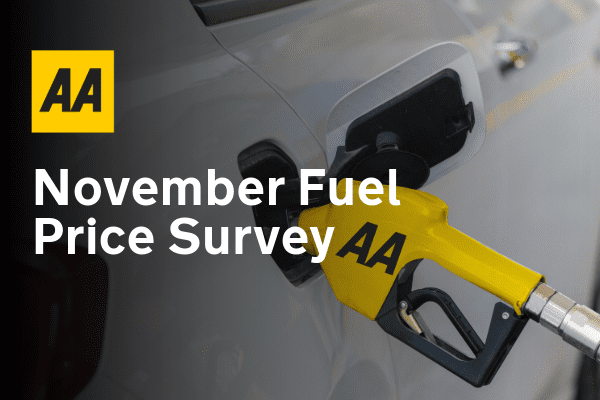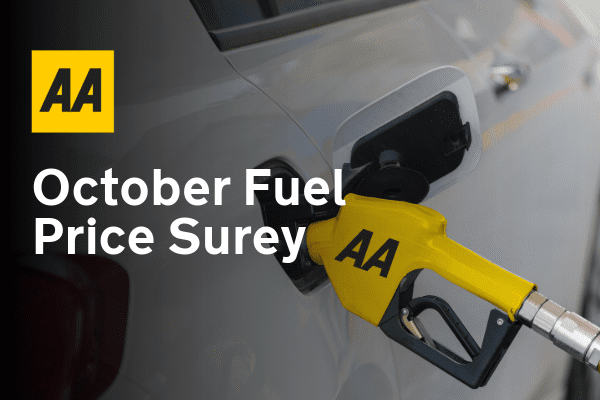The price of a litre of petrol is now 131.0 cents on average, just barely down (0.2 cent) on the figure for September, while diesel has risen by 0.9 cent to an average of 124.8 cent according to the latest monthly fuel price survey by AA Ireland.
“It has been a grim year for fuel prices, and that continues.” Says Director of Policy Conor Faughnan. “Petrol now costs motorists 13.5% more than it did last October. Diesel is 18.5% more expensive than it was this time last year.”
Oil prices are up in the last month, from $75 to between $82 and $83, but that negative effect is off set against the fact that the Euro continues to rise against the US dollar. The net practical effect is that prices at Irish pumps have not moved much in the last month.
“Oil and Euros only explain a small part of the story.” Says Faughnan. “Two thirds of what we spend on fuel goes directly to the government in taxes. When you spend €20 on petrol or diesel, around €14 of that is made up of excise duty, an oil levy, the inaccurately-named Carbon Tax and VAT on top of everything. The actual price is only a third of what we pay.”
With the forthcoming Budget in everyone’s eyes, the AA is warning that adding yet again to fuel prices will not be the easy revenue-raiser for government that it appears. Between excise duty and carbon tax increases, as much as 15 cent per litre has been added to Irish retail fuel prices in the last 24 months.*
“A key problem with this is that where the exchequer used to get a bonus in terms of traffic from Northern Ireland filling up in the Republic, recent tax rises have eroded that advantage. More tax rises will erode it still further or even start to send traffic in the other direction. In any case you cannot simply keep adding to fuel costs, which affect every family and every business in the country, without expecting to have a negative effect on the economy at a time when we badly need growth.”
Keep your car in good order to reduce fuel usage
“A lot of the fuel that motorists use is wasted.” Says Faughnan. “A small bit of care and a small bit of car maintenance could save you a lot of money.”
The AA estimates that normal drivers can cut fuel consumption by anywhere between 10% and 30% by applying the tips below:
- Keep your car serviced regularly – a badly maintained car wastes fuel and money. AA now offers full car servicing at your own door or convenient location. See here.
- Check the level of air in the tyres. Uneven tyre inflation will worsen wear and tear on the tyres and will also worsen fuel consumption.
- Slow down – the simplest and most effective tip of all. Reduced speed means reduced fuel usage and you will feel the effect directly in your wallet.
- Lighten your load – check if the car is carrying unnecessary weight. Items like golf clubs, tool kits, and all sorts of paraphernalia are often left in the car semi-permanently, and all of that weight costs fuel to carry around.
- Roof racks and boxes add seriously to aerodynamic drag and make a huge difference to fuel consumption. Take them off unless you are using them.
- Get back to nature – turn off the air conditioning and use the windows instead. Granted as we come into winter drivers will need their heaters, but use them sparingly because they are one of the most fuel-intensive features on a modern car.
- Drive smoothly – accelerate & brake smoothly, and anticipate what lies ahead. A green light in the distance is likely to be red when you reach it, so ease off the accelerator and cruise gently.
*Note In the emergency budget of October 2008, 8 cent per litre was added to excise duty on Petrol. The following April, 5 cent was added to diesel. In December of 2009, Carbon Tax of 4.2 cent and 4.9 per litre was added to the two fuels respectively. Vat at 21% is added.
ENDS





